Tesla has suspended taking new orders for its Model S and Model X vehicles on its Chinese website and WeChat mini program, according to Reuters. This decision comes as the US and China engage in an escalating trade war, with China raising its tariffs on US imports to 125% in response to President Donald Trump’s decision to increase duties on Chinese goods to 145%.
Impact on Tesla’s Business in China
Both the Model S and Model X are manufactured in the US and imported to China, making them subject to the new tariffs. This has significantly increased the retail cost for Chinese consumers, making these cars more expensive compared to locally produced electric vehicles (EVs). According to data from the China Auto Dealers Association, China imported only 1,553 Model X cars and 311 Model S cars in 2024. These models accounted for less than 0.5% of Tesla’s total deliveries of over 657,000 vehicles last year.
Competition and Market Dynamics
Tesla’s decision to suspend orders for these models is also influenced by increasing competition from local manufacturers like BYD. BYD’s new-energy passenger car sales surged by 25% in the first two months of 2025, capturing 27% of the market share. This growing competition has hit Tesla’s sales in China, with deliveries of its premium sedan and SUV models down 25% in the first quarter globally.
Future Implications
While Tesla has not officially commented on the suspension, the move highlights the precarious situation automakers face amid trade tensions. Tesla continues to manufacture and sell its Model 3 and Model Y vehicles at its Shanghai factory, which are not affected by the tariffs. However, the future remains uncertain as trade policies continue to evolve.
Tesla’s CEO, Elon Musk, has criticized US tariffs on Europe, where Tesla faces increasing competition from both Chinese and European EVs. The company is also dealing with declining sales in the US, where a Kelley Blue Book report concluded that Tesla’s sales declined nearly 9% year-over-year in the first quarter of 2025.
In conclusion, the suspension of Model S and Model X orders in China underscores the challenges Tesla faces due to trade policies and increasing competition. While the impact on Tesla’s overall business may be limited due to the low sales volume of these models in China, the move highlights the broader uncertainties in the global EV market.
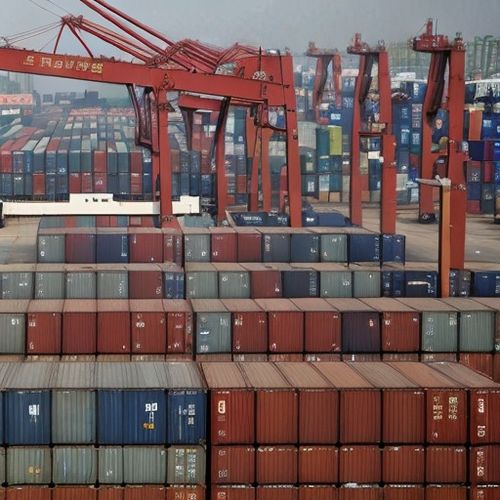
By Samuel Cooper/Apr 14, 2025
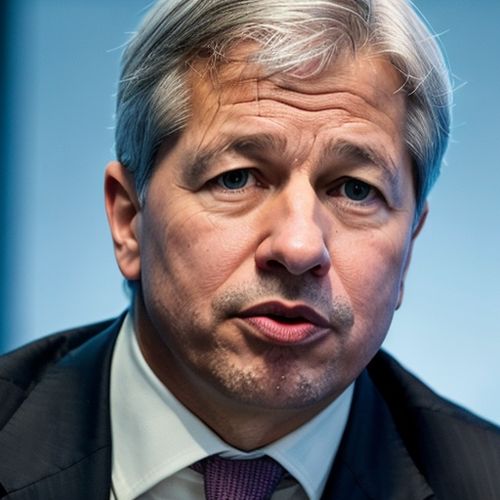
By Michael Brown/Apr 14, 2025
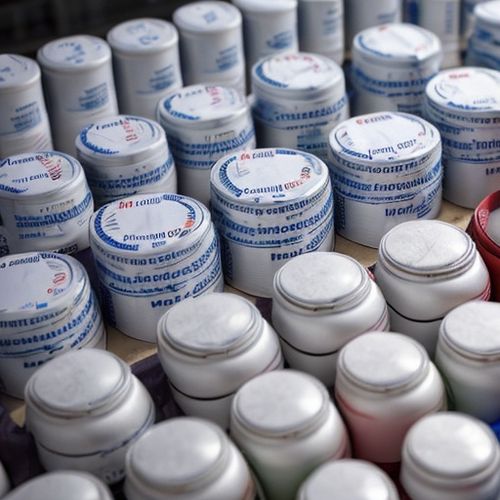
By Emma Thompson/Apr 14, 2025

By David Anderson/Apr 14, 2025
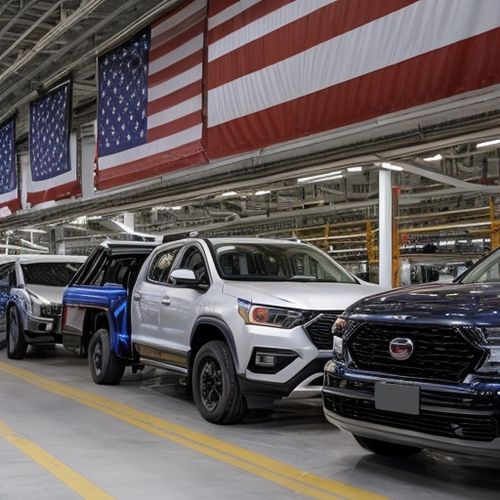
By Megan Clark/Apr 14, 2025
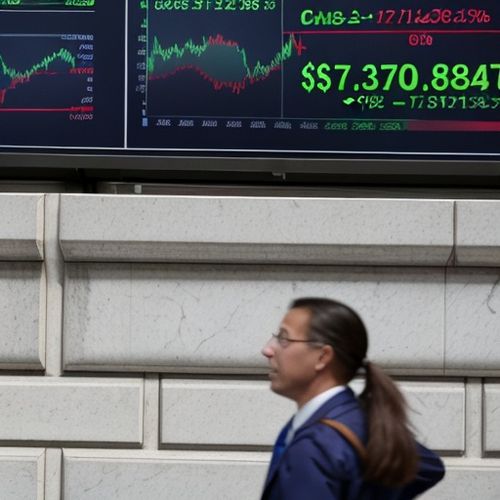
By Emma Thompson/Apr 14, 2025

By Thomas Roberts/Apr 14, 2025
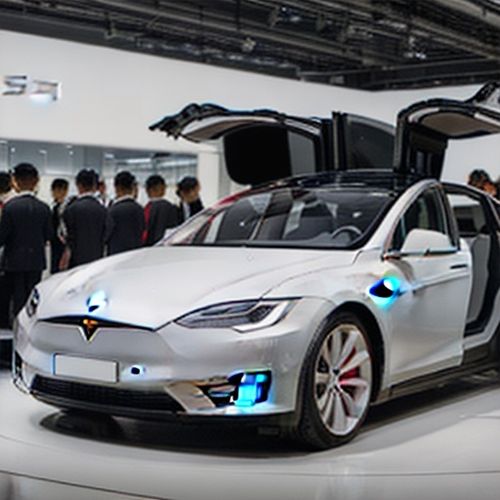
By Rebecca Stewart/Apr 14, 2025

By Natalie Campbell/Apr 14, 2025

By Laura Wilson/Apr 14, 2025
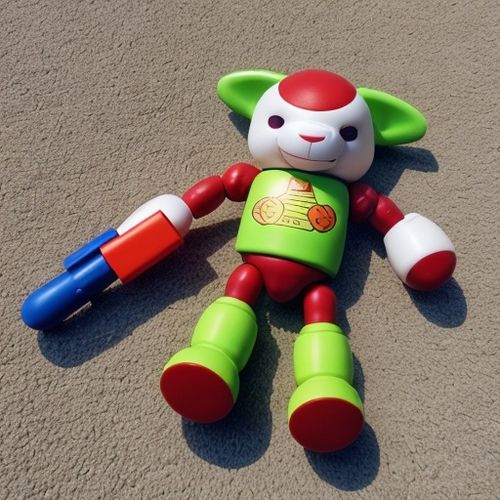
By Ryan Martin/Apr 14, 2025
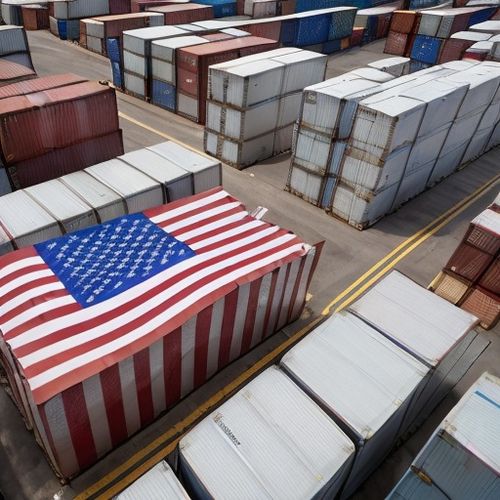
By Elizabeth Taylor/Apr 14, 2025
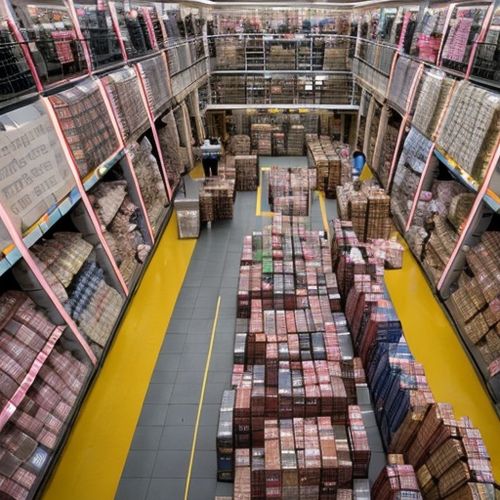
By Laura Wilson/Apr 14, 2025
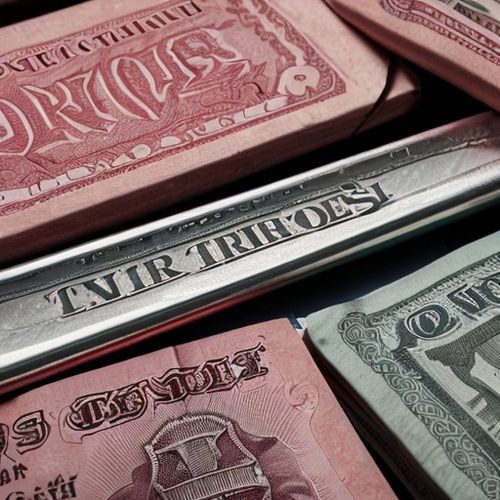
By Sophia Lewis/Apr 14, 2025
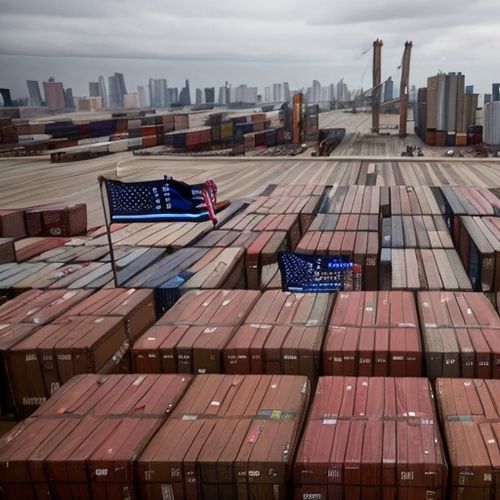
By Laura Wilson/Apr 14, 2025
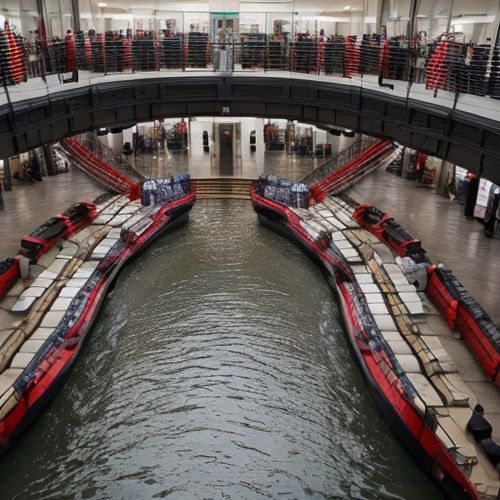
By Elizabeth Taylor/Apr 14, 2025

By Amanda Phillips/Apr 14, 2025
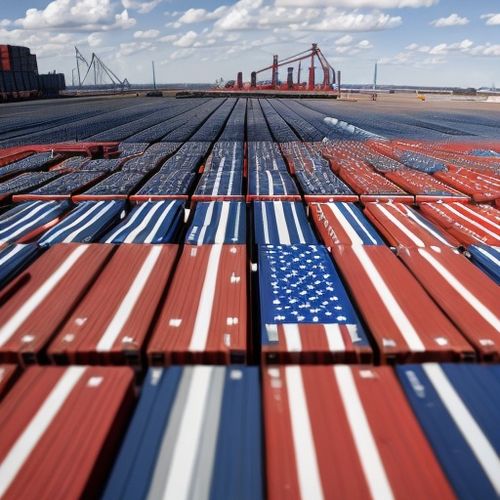
By Sarah Davis/Apr 14, 2025
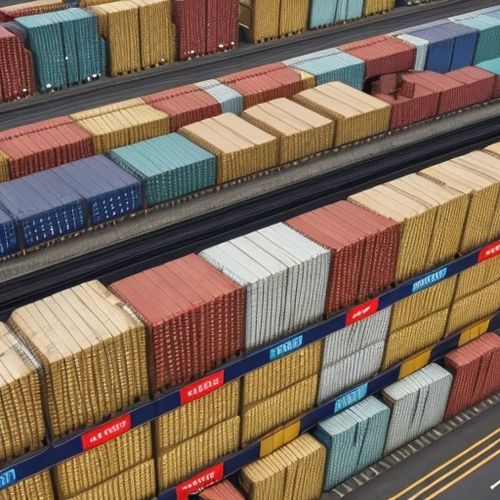
By Samuel Cooper/Apr 14, 2025